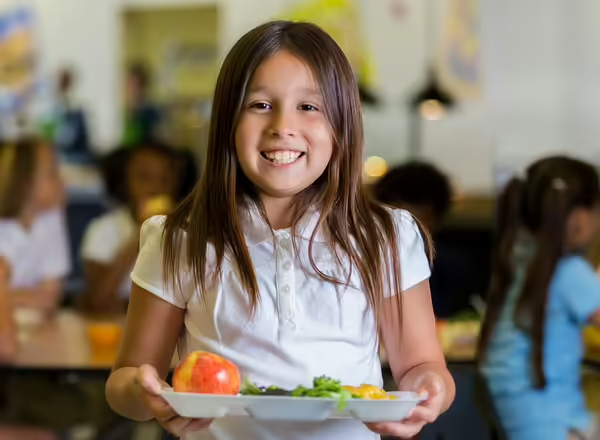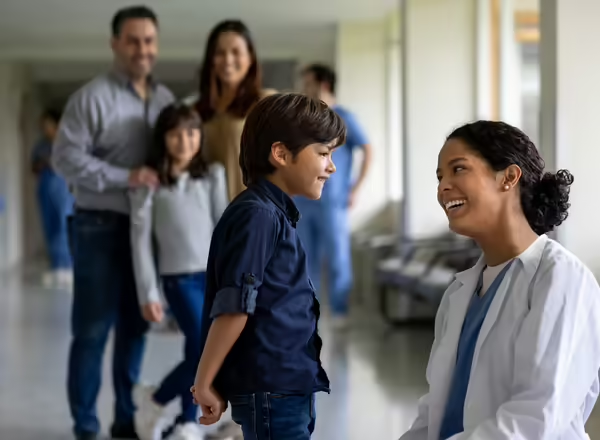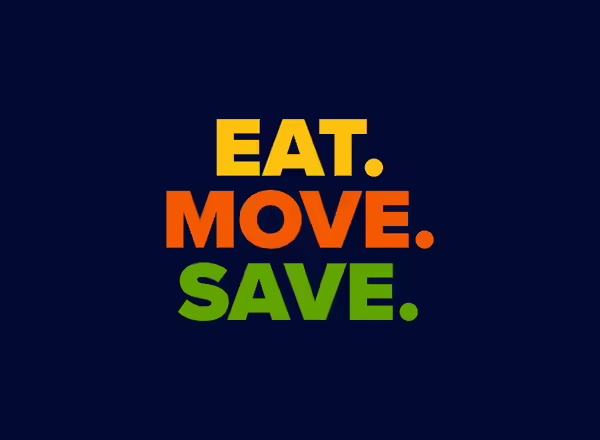Community-based Nutrition Information
Making healthy choices is not always easy or affordable. University of Illinois SNAP-Ed helps Illinois families improve their food and activity choices, stretch their food dollars, and increase access to healthy foods. By working with local, regional, and statewide partners, SNAP-Ed transforms the health of Illinois communities through engaging face-to-face classes, online resources, and healthy messaging strategies.
Funding for SNAP-Ed has ended, and this is our final impact report for the program.
Participants reported planning to make positive changes to:
- Eating (84%),
- Physical activity (59%), and
- Food budgeting habits (56%).
59% of participants took action after participation in Eat.Move.Save. programs. Participants taking action most commonly reported:
- Eating more fruits and vegetables.
- Trying new recipes.
- Starting to be more active.
Accomplishments
Improving Food Access
The Find Food IL Map continues to help IL families find local food resources, such as food pantries, farmers markets, and summer meal sites, with over 60,000 all-time visits.
Better Health with Healthcare Partnerships
Healthcare partnerships grew in 2024, allowing SNAP-Ed to reach individuals and families with novel approaches such as:
- Providing nutrition education to patients enrolled in FoodRx programs.
- Supporting hospital food pantry initiatives.
- Sharing resources for patients on how to access food.
Hunters Feeding Illinois
Hunters Feeding Illinois, formerly called the Illinois Deer Donation Program, brings together hunters, meat processors, and food pantries to provide lean protein to families in East Central Illinois. Over 20,000 pounds (521 deer) were donated, translating to 82,404 meals for families at 53 food pantries across 16 counties. SNAP-Ed also provided nutrition education and venison recipes. $52,100 was raised from local grants, small businesses, and donations to pay for deer processing. In 2024, SNAP-Ed worked with stakeholders like the National Rifle Association, Whitetails Unlimited, Feeding Illinois, and Illinois Farm Bureau. Now known as Hunters Feeding Illinois, this SNAP-Ed program is a proven system that has expanded to 39 counties increasing access to nutritious, locally sourced food for Illinois families.

Illinois SNAP-Ed returned between $5.36 and $9.54 per dollar spent.
A return-on-investment analysis estimated the economic benefits of the IL SNAP-Ed program per dollar spent. A model was constructed using program data and prior literature to estimate the number of obesity and food insecurity cases prevented by IL SNAP-Ed. Altarum’s Value of Health model was then used to estimate the total value of future health and economic improvements from the prevented cases. Read our Impacts and Return on Investment Report.

IL SNAP-Ed works with local partners and coalitions to reach families across communities with a combination of SNAP-Ed activities. Community partnerships and coalitions were recently evaluated to determine how Illinois SNAP-Ed and community organizations work together to support food access, healthy eating, and active living in Illinois communities. Read our Community Network Impact Evaluation Report.
More than two-thirds of partners indicated working with IL SNAP-Ed in a variety of ways, including:
- using SNAP-Ed’s educational resources
- hosting nutrition education and cooking skills classes
- creating, implementing, and assessing healthy policies
- coordinating to avoid duplication within the community
- collaborating on community coalitions and committees
- working to share aligned health messages in the community

In 2020, Illinois SNAP-Ed at the University of Illinois Extension and the Illinois Chicago Partnership for Health Promotion expanded the existing SNAP-Ed social marketing campaign called Eat.Move.Save. The campaign was launched in October 2021. Eat.Move.Save. is designed to promote healthy eating and physical activity in communities having high concentrations of families with lower incomes. Read our Social Marketing Campaign Evaluation Report.
The results: Eat.Move.Save. campaign messages are reaching priority populations in Illinois, with higher rates of exposure among Illinois residents who participate in assistance programs, who experience food insecurity, and who have lower levels of educational attainment.
Learn More About Illinois SNAP-Education

Jennifer McCaffrey


